Wis. 3:1-9; Ps. 23: 1-6; Rom. 5: 5-11; Jn. 6: 37-40
When death comes knocking on the door of a loved one our lives seem to slow down, it gives us time to stop and reflect and appreciate life, especially the life of the dying person. After death we tell stories of their life with joy and our memories join us in spirit. We pass o those stories to our children and grandchildren.
The Lord says, “I will not reject anyone who comes to me.” Faith in Jesus Christ leads to eternal life in him. This gift comes through the waters of baptism “that we might no longer be in slavery to sin.” If in baptism we are no longer slaves to sin then we choose to be slaves to sin because we carry the power to freedom with us. The old expression, “the devil made me do it” is a lie. Our free will is responsible for ourselves for we are given power in the Spirit through the waters of baptism. For this reason the hope of eternal life “does not disappoint, because the love of God has been poured out into our hearts through the Holy Spirit that has been given to us.”
We remember from the readings of All Saints Day, the one who ascends the “mountain of the Lord” is the one whose “hands are sinless, whose heart is clean, who desires not what is vain.” Challenging, absolutely but achievable through our sacraments, devotions, prayer life, and fellowship. We circle the wagons as one body in Christ, where two or three are gathered in his name there is a greater power to see with the eyes of faith, hope, and love. These are the “souls of the just” in the hand of God, “and no torment shall touch them.” The souls of the just reflects the image of God, the life of sanctity, purity, and holiness. They were tested by fire and “found worthy of himself”.
All Saints Day also was a reminder of those periods of great distress. Last week I had the blessing to do a memorial service for a newborn that died from complications after one month of life. It was the couple’s first baby girl after three boys. The beautiful infant was in a bassinette and had doubled its weight to 2.2 pounds. In her brief life she filled her family with great love and unity. She was baptized in the hospital and belongs to the innocents of God, pure and holy. Whether we live 100 days or 100 years all life is meaningful and the lasting impact of those days remains with us to add to the glory of God. The 30 days the baby lived will remain forever in this life for the family to be joined in the next life.
Today we commemorate all the faithful departed and fulfill the work of charity in praying for the dead who are suffering in the state of purgatory purifying their souls. They are assured of the promise of heaven as the stains of sin are being purified. These are the souls “imperfectly purified (who) are indeed assured of their eternal salvation; but after death they undergo purification, so as to achieve the holiness necessary to enter the joy of heaven” (CCC1030). Often in funerals we reflect on God’s love and mercy and the promise of heaven. We also need to reflect on God’s justice and the consequence of sin in need of purification for the dead. We need to encourage the offering of Masses for the dead who no longer can make reparation for themselves and need us to make an offering of the Mass, prayer, and sacrifice.
This morning I heard in the Mass on ETWN (Eternal Word Television Network) the story of a dying man who was visited by a religious sister. He claimed to have done many bad things in life. She offer prayers for him and said after his death she would continue to pray for him. Puzzled he asked why she would pray for him after his death. She shared the Catholic faith of the praying for the dead. When she returned to visit him days later he asked her to share her Catholic faith with him. She asked what she said that made him interested in the Church. He answered there was something comforting about someone praying for him after his death. Before his death he was baptized Catholic. The man’s name was Marion Mitchell Morrison and when he died on June 11, 1979 many around the world recalled his life and his legacy. He was better known as “The Duke” John Wayne. We all hope someone will remember to pray for us after our death and offer a Mass for us.
Today’s Psalm has two options for a responsorial. There is “The Lord is my shepherd; there is nothing I shall want.” This represents the faithful whose love of God desires to do the will of the Father. This is walking in Jesus steps with sanctifying grace and it requires surrender and trust, “because grace and mercy are with his holiness.” Truth comes to those who trust in him and we should quickly pray, “Jesus, I trust in you” the moment our faith is tested.
The second option is “Though I walk in the valley of darkness, I fear no evil, for you are with me.” This is the virtue of fortitude in the darkness of our suffering, persecution or temptation towards sin. This is the time to claim your power over darkness praying, “In the name of Jesus, I rebuke all evil.” Our hope will not be disappointed in Jesus.
When my mother died she was being cared for at our home by a provider. Providers are a great blessing in their work of charity and we had a longtime friend of my mother as her provider. She called us while we were at work that my mother did not look very good. We expected the call since her health was declining quickly. As I stood by her bed she looked up towards the ceiling and said, “Look, look!” I asked her “what do you see, angels?” She repeated again, “Yes, look!” There was no fear in her eyes only excitement in her voice. She then closed her eyes and passed away. This is the hope we long for, the assurance of the unseen awaiting our final victory over death.
There is another story I heard of an atheist who simply thought there was no reason to believe there was a God. When he fell in love and married he was content with his life. One day his wife became sick and died. He would go to the gravesite and could not accept that he would never get to see her again. He began to believe there had to be something else beyond this life. Eventually he became converted and entered the Catholic Church. Where is our hope? It is here, Jesus on the cross, Jesus in the Eucharist, Jesus in the faithful of the Church. In Mass we have one foot on earth and one foot in heaven so we are always prepared for the final step. In Mass we are joined by the angels, saints, and our Blessed Mother to intercede for us. Let them enter our lives and be our help our messengers, our companions on the journey.
We all have a story to tell. We turn to the pictures in our walls, our wallets, and imprinted in our hearts forever. We see and believe they are with us. Let their story live in us and let us tell their story and pray for them. It is their hope in us, because Jesus lives we live and they live.



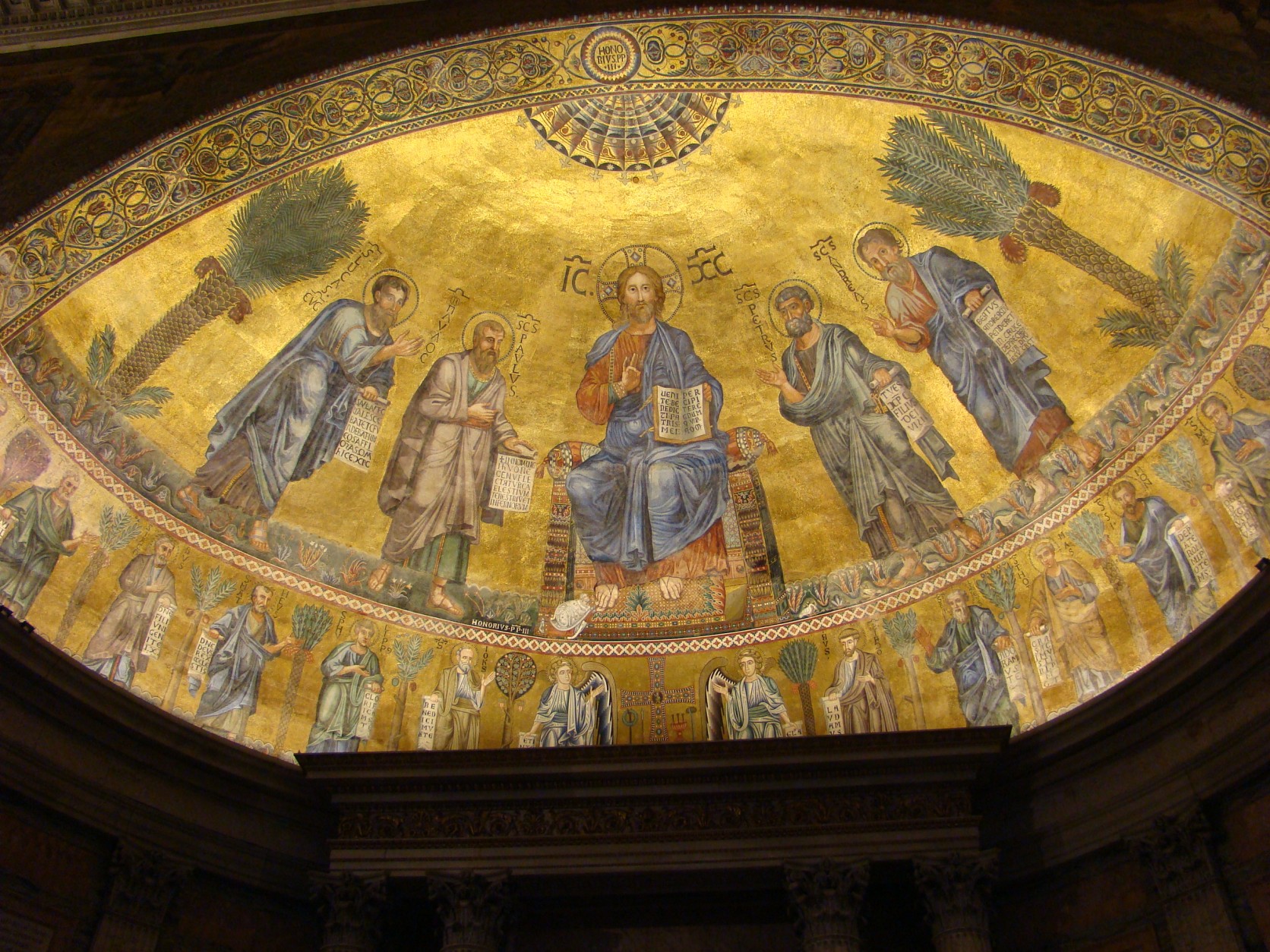

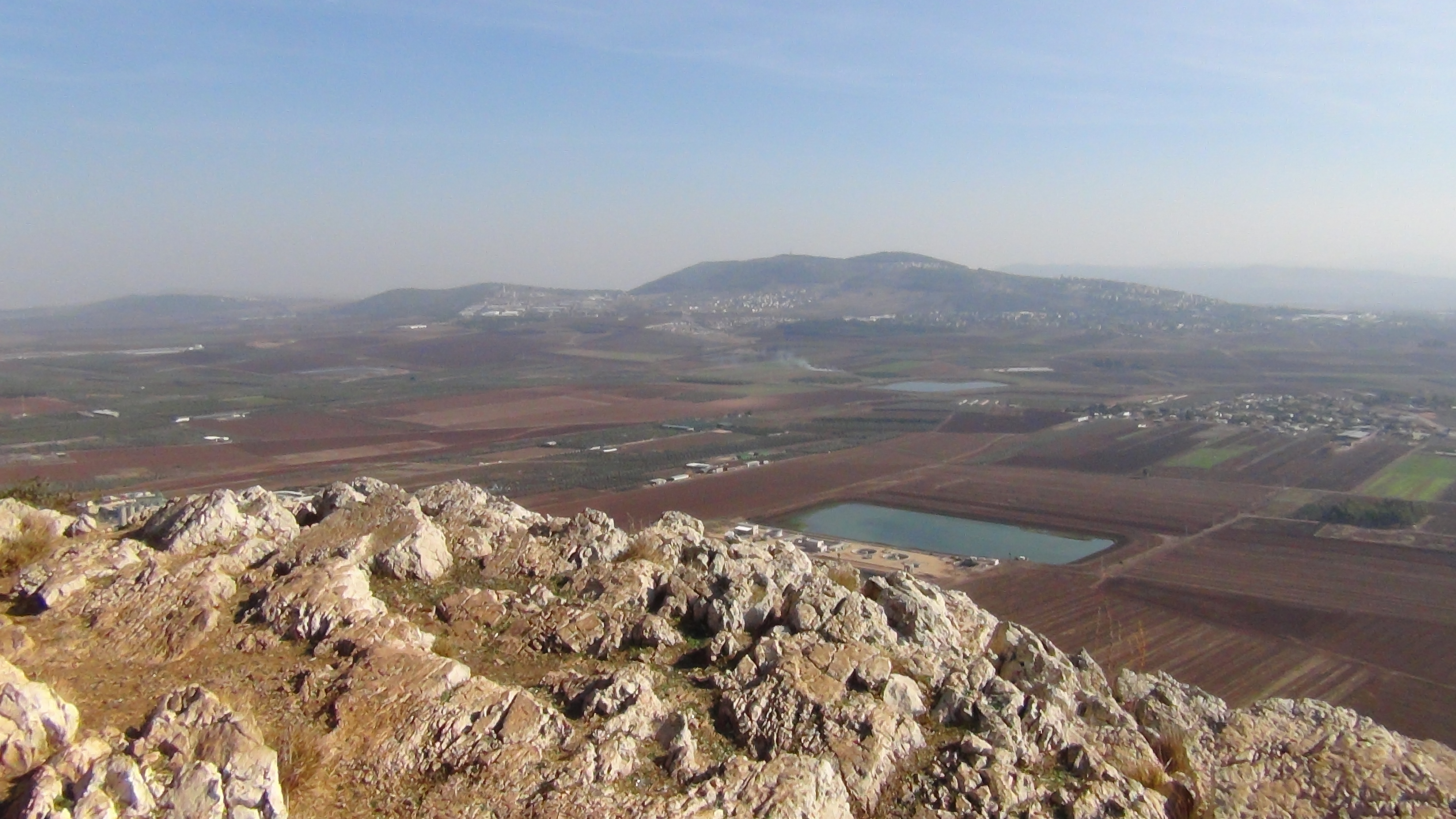

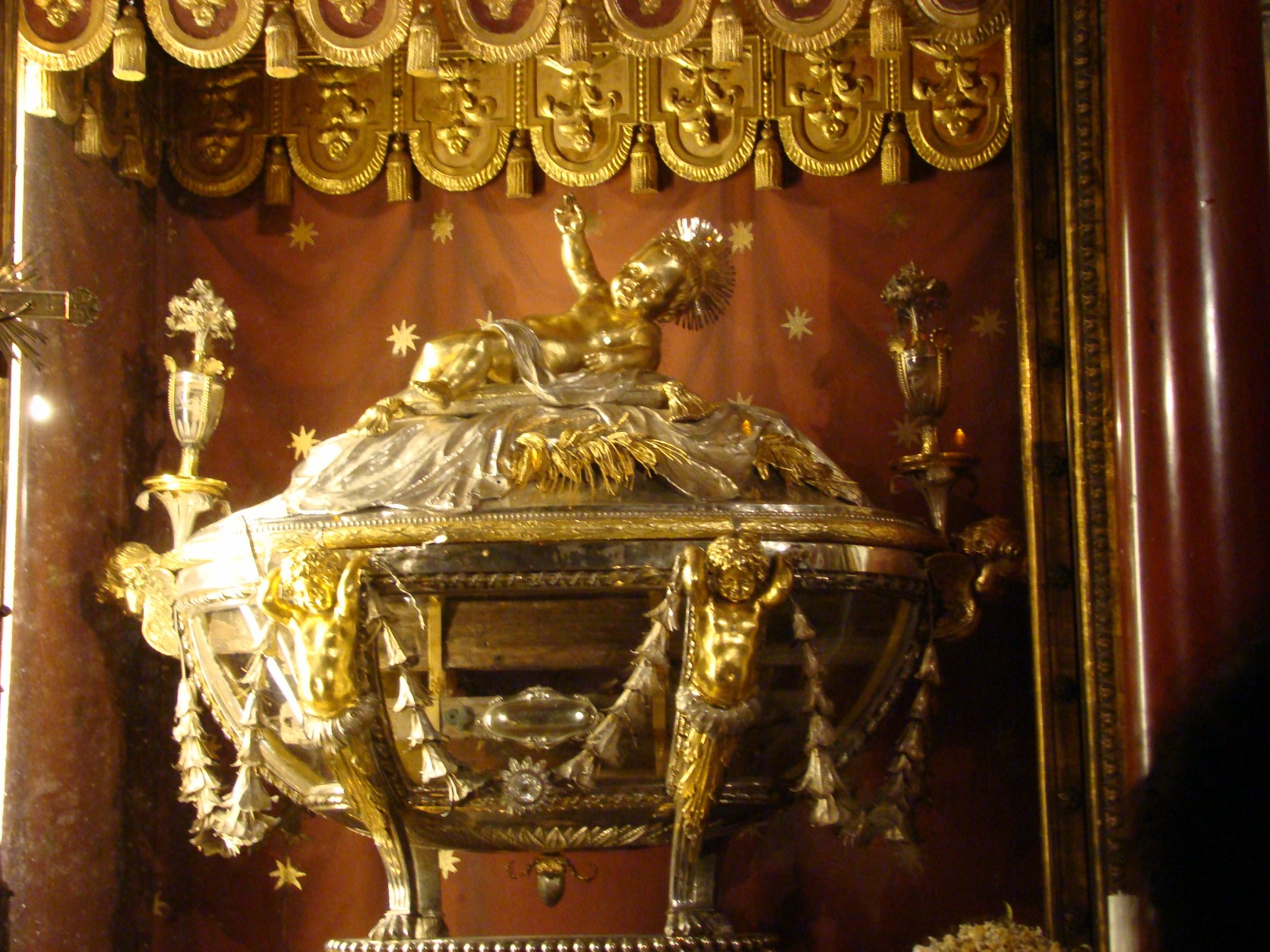



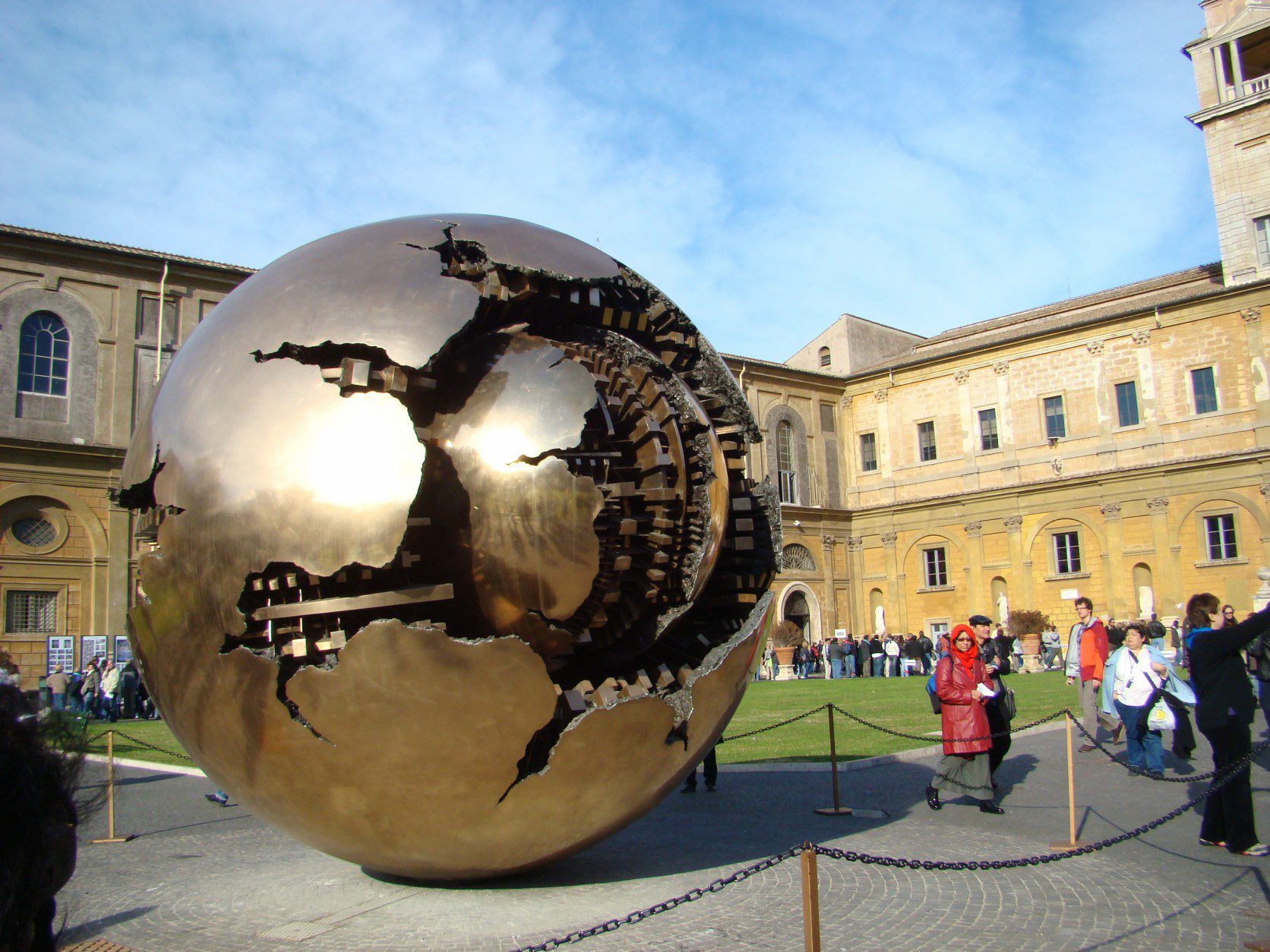

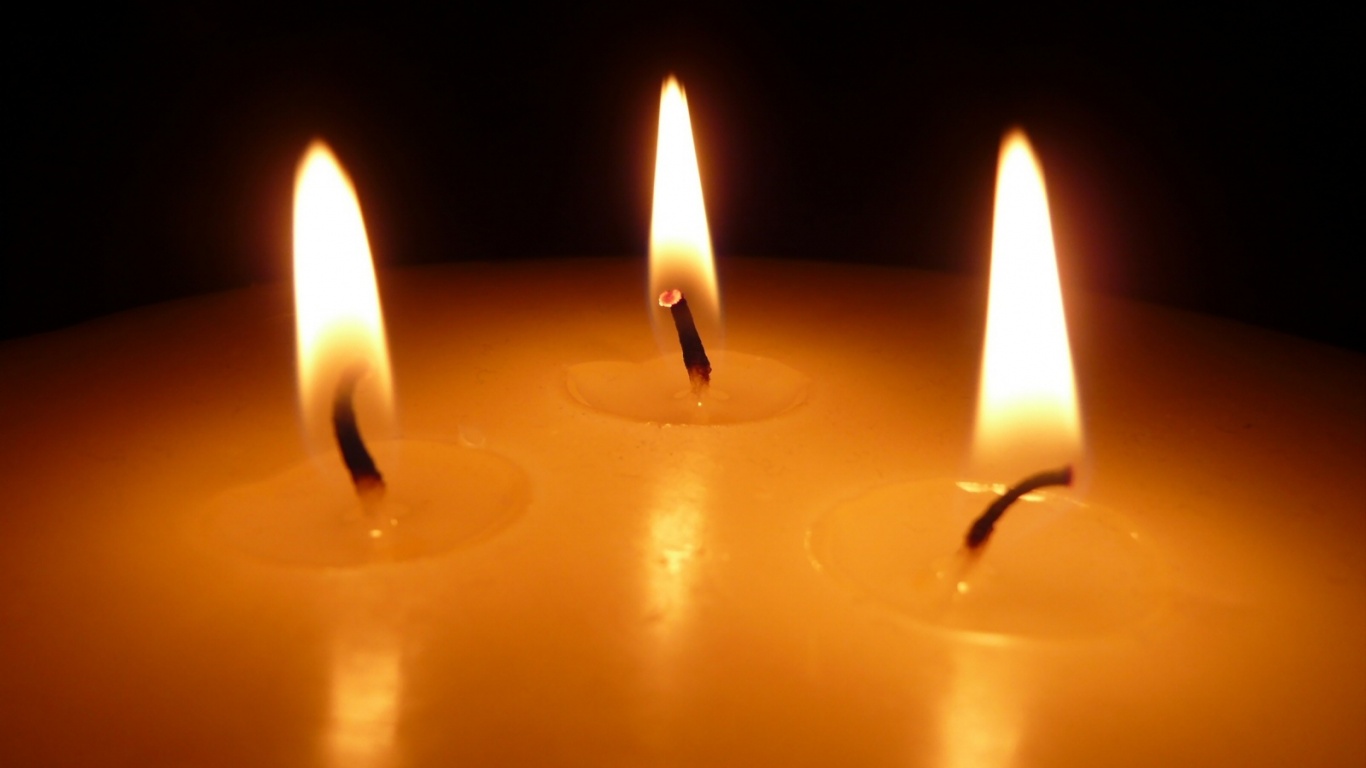

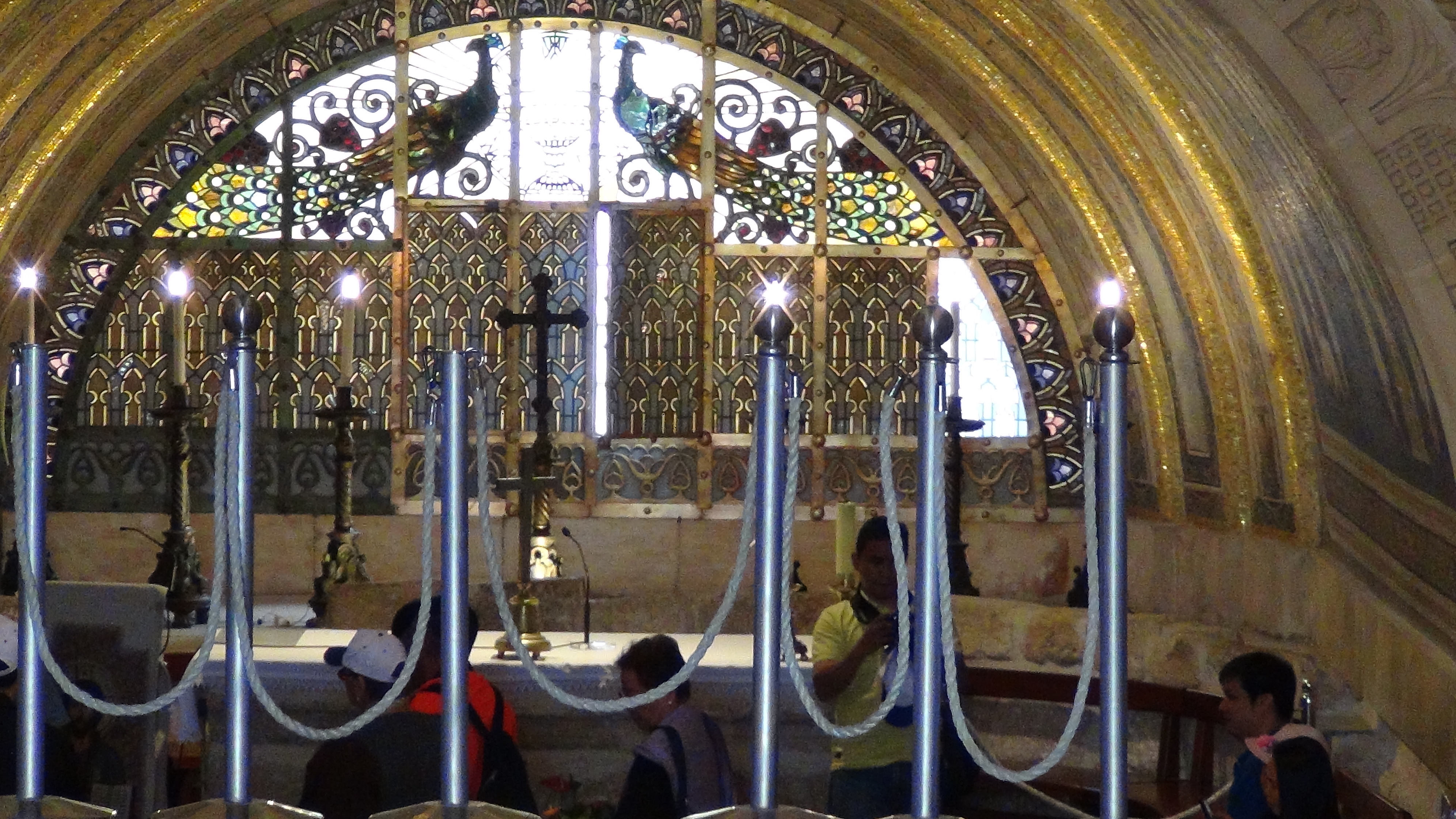

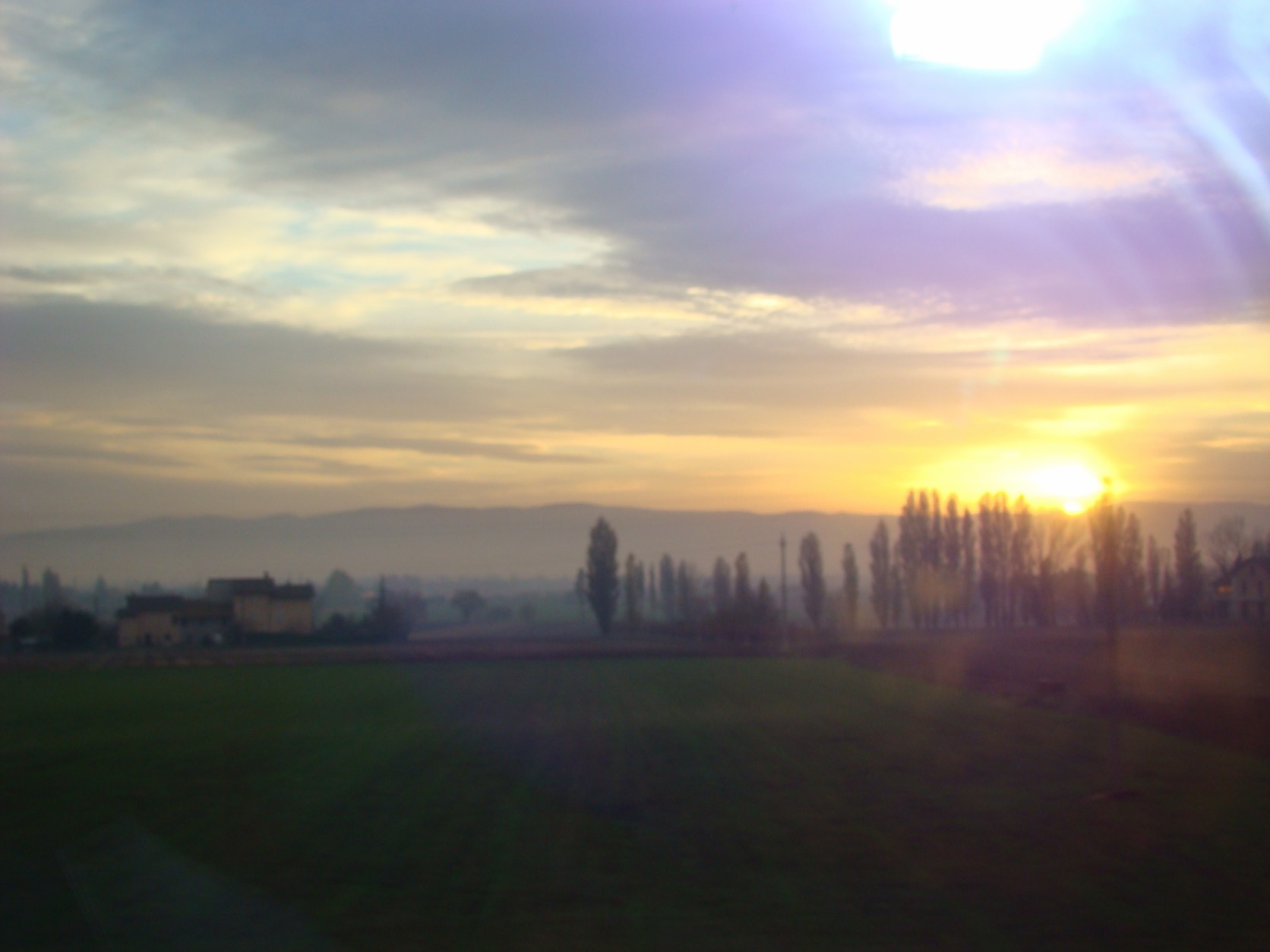

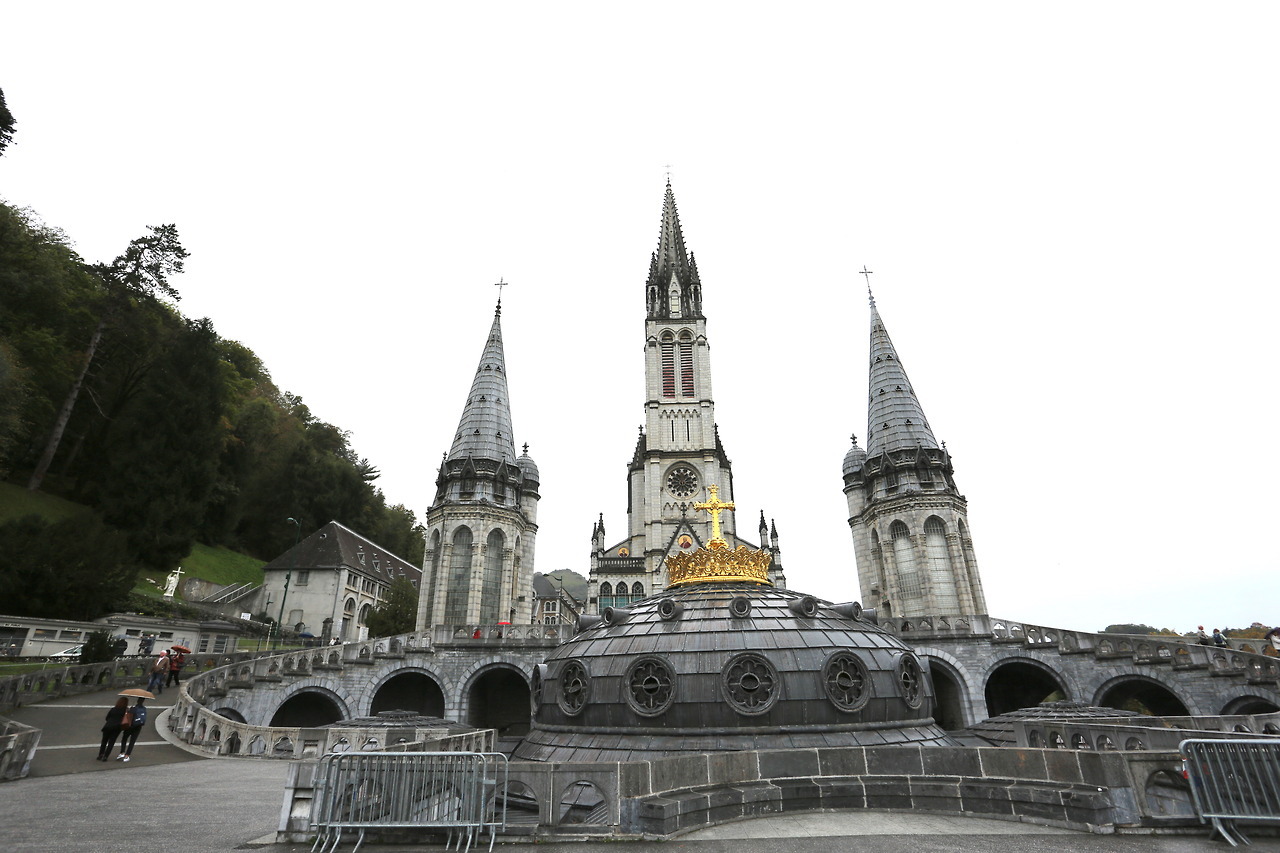

Recent Comments